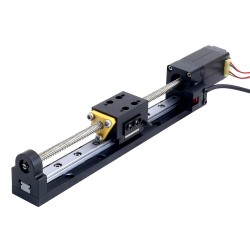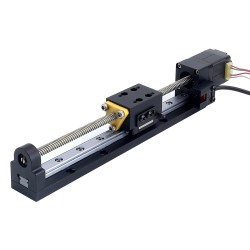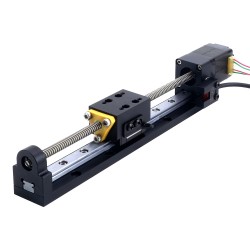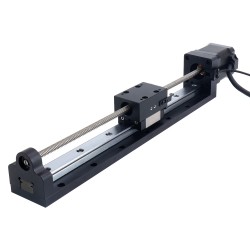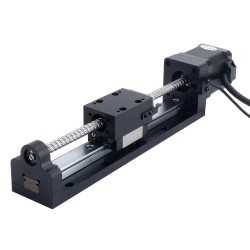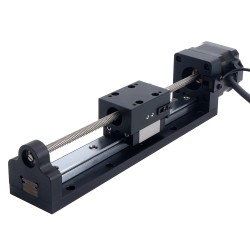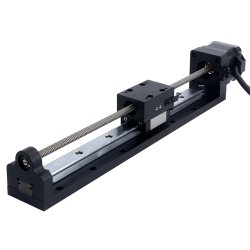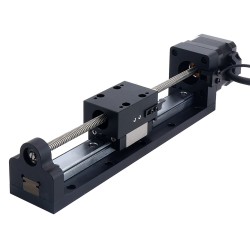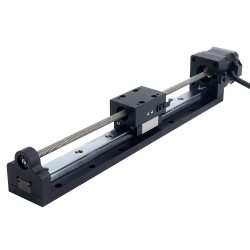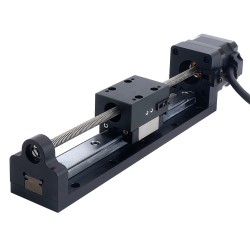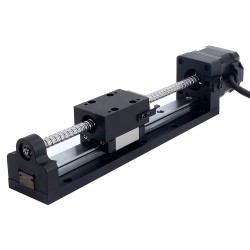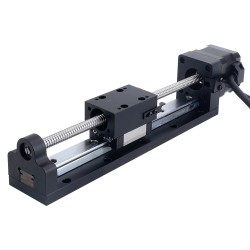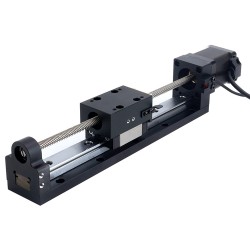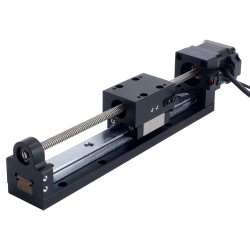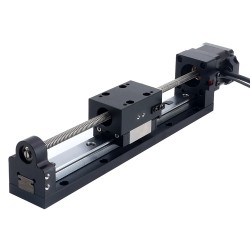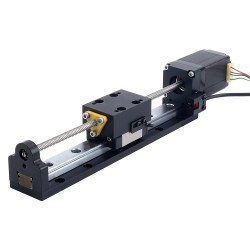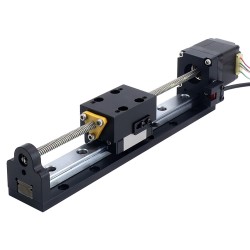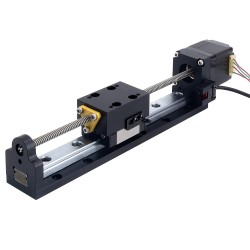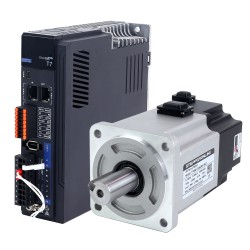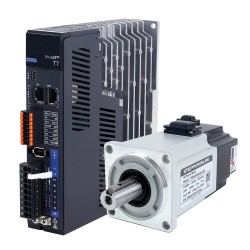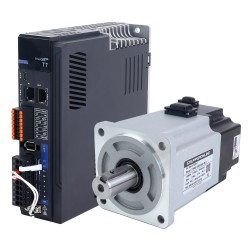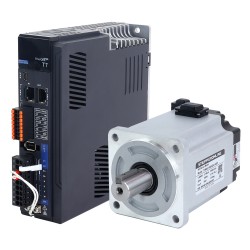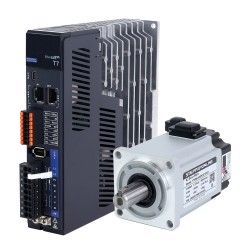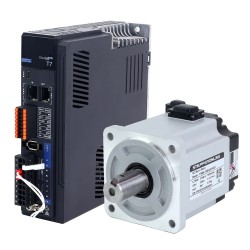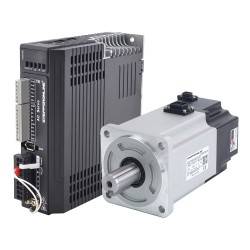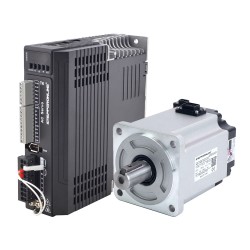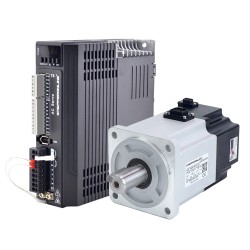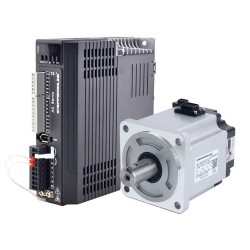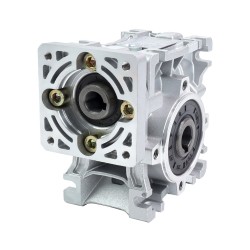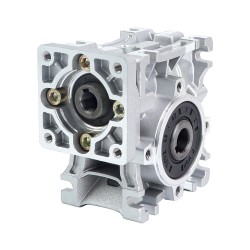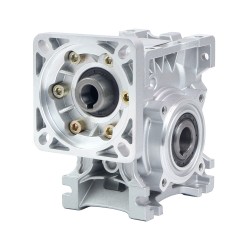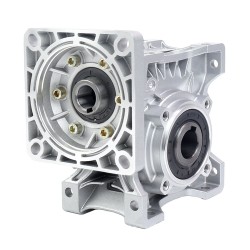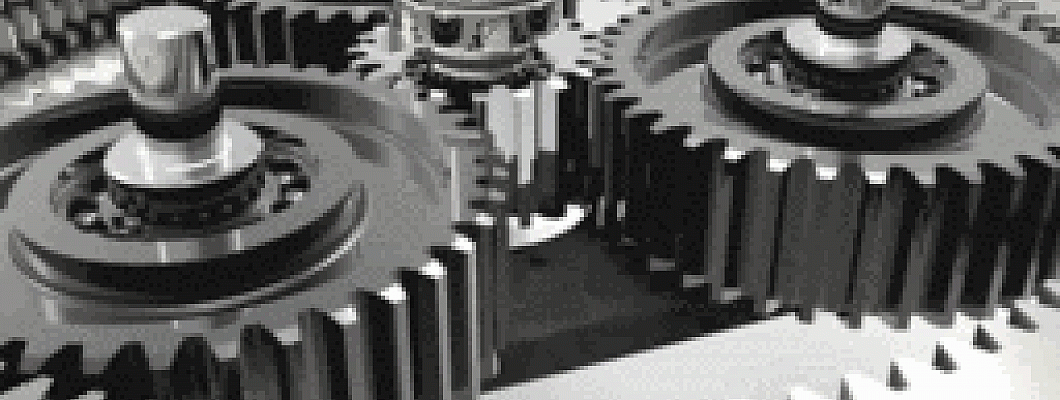
A reducer is a machine that can change speed and output torque. The reducer is an important part of the mechanical transmission system. Now, reducers can be seen in various fields of machinery, transportation, construction, machining and other fields. So, what are the benefits of using a reducer?

1. Reduce speed, increase torque
In industrial automation applications, it is often used for precise control of low speed and high torque. In this case, a reducer is usually used. Generally In high-speed, low-torque conditions, no acceleration reducer is required.
2. Save the cost of use
The use of reducer can save the loss cost to the greatest extent! If the reducer is not used in the process of using the motor, the motor is likely to be damaged because it cannot withstand such a strong pressure when the motor is running continuously for a long time with high strength. The maintenance cost is huge, and even direct scrapping cannot accept maintenance. If a reducer is used, if damage occurs, the first one will be the reducer, and the motor will not be damaged at all, reducing unnecessary losses and achieving maximum economic benefits.
3. Effectively reduce the moment of inertia
The reducer can control the start and stop in time and change the speed. Increasing the torque through the reducer is equivalent to increasing the input power, which can reduce the power required by the input motor.
4. Can effectively save energy
Using a reducer can maximize energy savings for the user, because using a reducer can reduce the current required by the motor to meet the output torque.
If you want to install the right reducer for your motor, you must choose the correct type before purchasing. There are not only a wide variety of reducers, but also different models. Types include gear reducer, worm gear reducer, planetary reducer; according to the number of transmission stages, there are single-stage and multi-stage points. Therefore, before purchasing, we must understand the characteristics of each reducer, and choose the model that can match the production needs.










































































